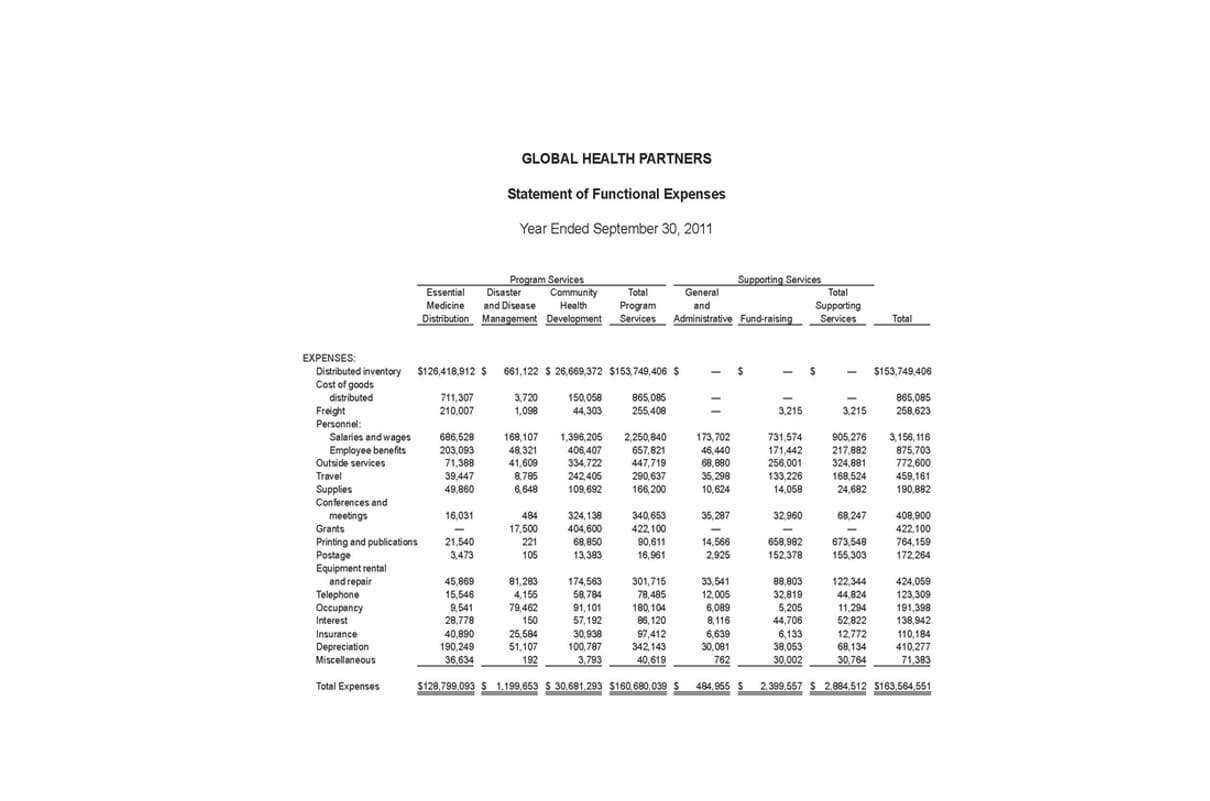
This cutting-edge software leverages the power of artificial intelligence (AI) and machine learning to streamline and automate a wide range of accounting processes. Today, we Law Firm Accounts Receivable Management find ourselves at the forefront of a new era in accounting, with the advent of next-gen accounting automation software like UniFi. Following the publication of his book, Luca Pacioli received an invitation to teach mathematics at the Court of Duke Lodovico Maria Sforza in Milan.
Modern professional accounting

Pacioli’s professional life was marked by a series of remarkable accomplishments. The pinnacle of his career was the publication of “Summa de Arithmetica,” a comprehensive treatise on the mathematics of the time. This work not only covered the breadth of mathematics but also introduced the double-entry bookkeeping system, which has since become the cornerstone of modern accounting. Furthermore, his collaborations with artists and polymaths like Leonardo da Vinci showcased his multifaceted talents and ability to bridge the worlds of art, science, and finance. These organizations established standards, guidelines, and certifications for accountants, setting the stage for the development of modern accounting practice. Accounting, the process of recording, classifying, and reporting financial transactions, is an essential function in business and commerce.
- It is a vital tool for organizations to make informed decisions, evaluate performance, and forecast future goals.
- Apart from his accomplishments in the field of accounting, Pacioli also made significant strides in mathematics, publishing his influential book, “Summa,” in 1494.
- Archaeologists discovered these artifacts in Egypt and the area that once was Mesopotamia.
- The groups’ members called themselves “chartered accountants,” and the Glasgow organization petitioned Queen Victoria for a royal charter recognizing the role as independent from solicitors, a legal profession.
What Are the Origins of Accounting?
They continued to learn from each other during their stay in Milan and it was at this time that Pacioli would write his second most well-known text, De Divina Proportione. This text ended up being the first of three parts to a series of books in which Da Vinci would contribute his realistic sketches. Get free guides, articles, tools and calculators to help you navigate the financial side of your business with ease. Our team is ready to learn about your business and guide you to the right solution. These celebrities not only add an intriguing dimension to the world of accounting but also exemplify how one’s career can take unexpected turns, ultimately leading to success in various fields. While we’ve explored the evolution of accounting from its inception to the present day, it’s fascinating to note that accounting has played a role in the lives of some well-known celebrities.
When did Luca Pacioli live, and how did his work impact his contemporaries?
He is strongly identified with research on markets, what is accountancy particularly the efficient markets hypothesis. The more common are the classified, common size, comparative, and vertical balance sheets. Software as a Service (SaaS) and, more recently, cloud services are making sharing reports and data quicker, safer and simpler. Some 42% of accountancy firms surveyed say there is growing interest from clients to collaborate online, so no doubt more firms will be adopting these savvy services very soon. As the age of the internet dawned, quickly followed by the age of email and the age of i-everything, the practice of accountancy changed considerably. Accounting’s origins trace back to ancient civilizations, where it was integral to resource administration and trade.
The Next-Gen Accounting Automation Software

By introducing double-entry bookkeeping and addressing accounting ethics and principles, Luca Pacioli significantly influenced the development of the accounting cycle and the broader field of accounting. His work continues to be an essential reference for modern accountants and bookkeepers. Luca Pacioli was an influential Italian mathematician known for his contributions to arithmetic and geometry. In 1494, he published an important book called Summa, which provided a comprehensive QuickBooks summary of the mathematics known at that time. Pacioli was particularly interested in the works of the ancient Greek mathematician Euclid, whose book Elements laid the foundations for the study of geometry. The medieval period brought significant advancements in accounting, spurred by the growth of trade and commercial hubs across Europe.
- The most well-known contribution from this work is the popularization of the double-entry bookkeeping system, which is still considered the foundation of modern accounting.
- The Mesopotamians kept the earliest records of goods traded and received and these activities are related to the early record-keeping of the ancient Egyptians and Babylonians.
- It allowed for the mass production of texts, making them more accessible to a wider audience.
- His most notable works, Summa de Arithmetica and De Divina Proportione, continue to be studied and appreciated even centuries after their publication.
Who is the first accountant of India?
- Accounting’s history can be traced back thousands of years to the cradle of civilisation in Mesopotamia and is said to have developed alongside writing, counting and money.
- The Roman Empire made great use of accounting by way of Emperor Augustus’ obsession with making deals.
- In his treatise titled Divina proportione, he defined this aesthetically pleasing ratio as the division of a line so that the shorter part is to the longer as the longer is to the whole (approximately 8 to 13).
- The idea was to list an entity’s resources separately from any claims on those resources by other entities.
- Most of the accounting principles and cycles described by Luca are still in use to this very day.
By the mid-1990s, forensic accounting had become its own distinct form of accounting. Regulations had placed much of the responsibility for anti-fraud protections in the hands of CPAs, with scandals in the financial world driving many of these new requirements. The online BS in accounting from Maryville University will equip you with the skills to excel in the world of finance. Moreover, Giorgio Vasari and Jacopo de’ Barbari, prominent artists of their time, represented Pacioli in their works, demonstrating the impact of his work on both science and art.
- This was education in the vernacular (i.e., the local tongue) rather than Latin and focused on the knowledge required of merchants.
- Luca Pacioli, an Italian mathematician and Franciscan friar, is known as the Father of Accounting due to his significant contributions to modern accounting practices.
- As the age of the internet dawned, quickly followed by the age of email and the age of i-everything, the practice of accountancy changed considerably.
- Understanding his role in accounting history is important for understanding Western history and the way in which the economy functions today.
- Around the first millennium the Phoenicians invented an alphabetic system for bookkeeping, while the ancient Egyptians may have even assigned someone the role of comptroller.
- The increasing separation between ownership and management spurred the development of robust financial reporting standards, influencing modern accounting principles.
History of Accounting Timeline

Venetian merchants were the business people of the Italian Renaissance who would organize trade between other countries throughout the Eastern Mediterranean and Europe. The complexity of international trade at this time prompted better practices of recording transactions, which would be influenced by the teachers and mathematicians of the time. If you’re a small business owner, you’re likely familiar with common accounting terms like balance sheets, and income statements. However, you may not know how these financial statements came to be, and who we have to thank for the most commonly used accounting system in the world. His contributions to accounting have helped businesses to track their finances, identify errors, and make informed business decisions.


Following major changes, including the adoption of an internal market – later scrapped by Labour, the health service in England and Wales moved to accrual accounting. Today, auditing continues to adapt to regulatory landscapes and technological advancements. Data analytics and artificial intelligence have revolutionized auditing processes, enabling efficient and comprehensive assessments of financial data. Auditors now provide insights beyond compliance, addressing risk management and governance. Pacioli met Da Vinci in Milan in 1496, where he was brought to teach a court—which included Da Vinci himself. The two men quickly became close friends and bonded over their shared passions for mathematics and the arts.
